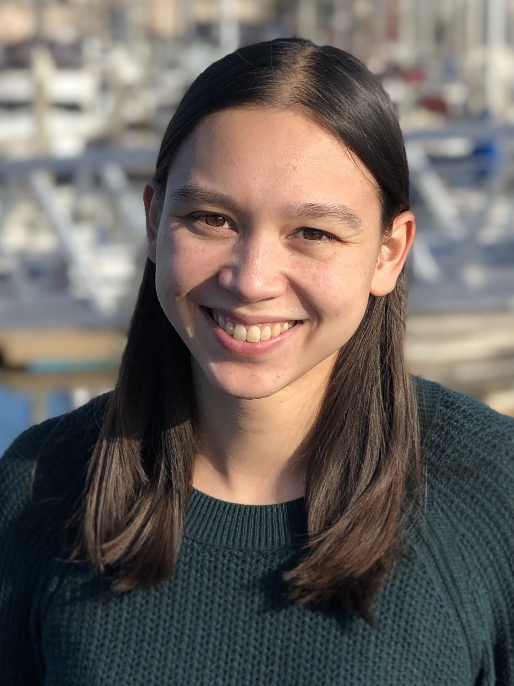 Bridging Length Scales in Electrolyte Transport Theory via the Onsager Framework
Bridging Length Scales in Electrolyte Transport Theory via the Onsager Framework

Speaker: Kara Fong, PhD Candidate, NSF Graduate Research Fellow
Department of Chemical & Biomolecular Engineering - University of California, Berkeley
Host: Ryan Hayward
Tuesday, Feb. 8, 2022 - 2:45 p.m. JSCBB A108
Seminar Abstract
Improved understanding of transport in concentrated electrolyte solutions has important implications for energy storage, water purification, biological applications, and more. This understanding should ideally persist across length scales: we desire both continuum-level insight into macroscopic concentration and electric potential profiles as well as a molecular-level understanding of the mechanisms governing ion motion. However, the most ubiquitous theory to describe continuum-level electrolyte transport, the Stefan-Maxwell equations, yields transport coefficients which lack clear molecular-level interpretation and cannot be easily computed from molecular simulations.
In this talk, I will present the development of an alternative theory, the Onsager transport framework, to analyze transport at both the continuum and molecular levels. I discuss the integration of continuum mechanics, nonequilibrium thermodynamics, and electromagnetism to derive internal entropy production in electrolytes, yielding the Onsager transport equations: linear laws relating the electrochemical potential gradients and fluxes of each species in solution. At the atomistic level, the transport coefficients emerging from this theory directly quantify correlations in ion motion. These transport coefficients may be computed directly from molecular simulations using Green-Kubo relations derived from Onsager’s regression hypothesis. At the continuum level, the Onsager transport framework provides governing equations for solving macroscopic boundary value problems in electrochemical systems. I present an application of the theory to nonaqueous polyelectrolyte solutions for Li-ion batteries, demonstrating how the Onsager framework allows us to quantify non-ideal contributions to transport which are very challenging to access experimentally but strongly impact transport in these systems. Overall, this work provides a paradigm for rigorously analyzing transport across length scales in complex electrolyte solutions.
Biosketch
Kara Fong is a PhD candidate and NSF Graduate Research Fellow in the Department of Chemical & Biomolecular Engineering at the University of California, Berkeley, where she is co-advised by Prof. Bryan McCloskey and Prof. Kristin Persson. She earned a B.S. in Chemical Engineering at Stanford University in 2016, then completed an M.Phil. in Materials Science at the University of Cambridge through the support of a Churchill Scholarship. Her current research focuses on understanding transport phenomena in electrolyte solutions for Li-ion batteries using molecular dynamics simulations and non-equilibrium thermodynamics.
